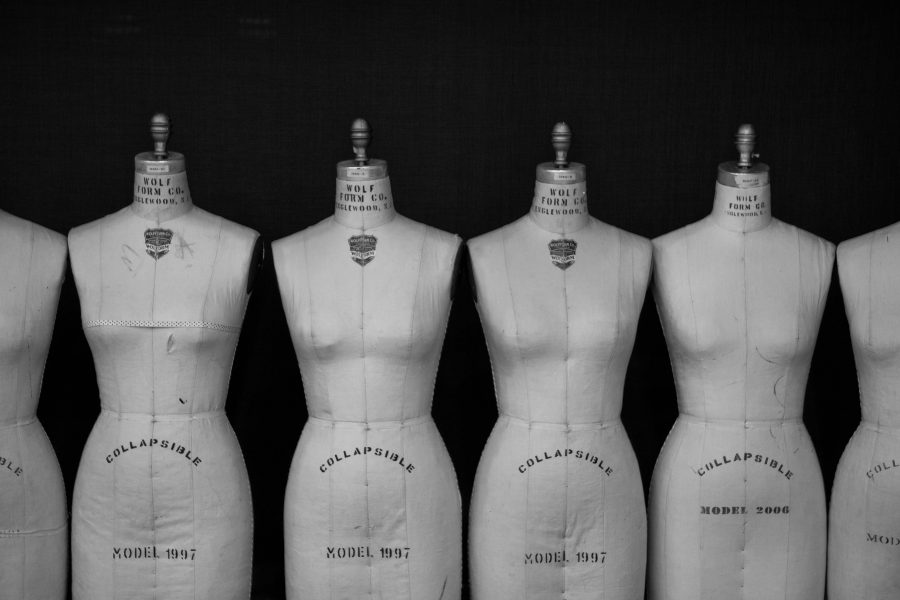Affy Koungoulos
Staff Writer
Last week, I had the pleasure of sitting down with Ann McGlinn, English teacher extraordinaire, and chat about her new book and her creative process, in the spirit of LitFest.
Latin’s LitFest celebration culminated in a reading by Ms. McGlinn, senior Jacob Pharoah, and guest author Luis Urrea. In her traditional modest fashion, Ms. McGlinn praised her fellow performers first when I asked her about the evening. A longtime fan of both Jacob and Urrea, she said that their respective poems and stories were fantastic. McGlinn herself read selections from her newly published novel El Penco. The story is set in New Mexico, in the towns of Los Ojos and Cuidad Juarez, where she did volunteer work as a graduate student. After getting a grant from Indiana University, she was able to extend her stay and compile a book of poems and photographs from the poetry and art workshop for children that she helped out with. Then, Ms. McGlinn accompanied her brother, a professor at Colorado College, along with a group of students, back to Cuidad Juarez for volunteer work over their spring break. She lived there and worked at a homeless shelter for a year, which is where she drew inspiration for her novel.
El Penco, slang for “the orphan,” is a young man who grew up with an alcoholic father who abandoned him after his mother died in childbirth. Penco hitchhikes to locate his father, but gets stuck in Juarez. He delves into painting to help cope with his sadness, and takes on a job as a bus driver. Penco befriends the regulars on his route, especially people who live in a nearby slum, and also finds refuge in a colony of artists, who help him find himself. This was all I could extract from Ms. McGlinn without giving the ending away. Ultimately, she says it was a story about dealing with loss, and writing the novel was a cathartic process for her personally, though she didn’t initially realize it.
The book started as a series of character vignettes in 2000, inspired by her former employer at a New York real estate firm. The owner of the firm was a huge art fan, and decorated the office with many ornate pieces, which reminded Ms. McGlinn of her time in Juarez. The vignettes then turned into a series of short stories, then a novella, and, after it was a finalist in a book competition, an agent suggested she turn it into a novel. This is very in-tune with Ms. McGlinn’s writing philosophy; she strives to write as organically as possible, then sculpting it into a finished product once she gets all of her thoughts down on paper. She relies on her imagination, allowing her subconscious to create a new world, and goes from there. Coming from a family of readers, Ms. McGlinn has always been reading and writing. She cites a college poetry class as what helped the genre come alive to her, and says she was drawn to fiction after receiving her MFA in poetry.
As far as advice to aspiring writers goes, Ms. McGlinn’s biggest suggestion is reading. She advocates for reading often, and across a span of different genres, to gain exposure to all types of writing. She also suggests studying poetry to help with diction and imagery in fiction, writing constantly, and, above all, being open to criticism. I’ll gladly take that advice if it’ll help me become half as wonderful of a writer as Ms. McGlinn is.]]>



















































